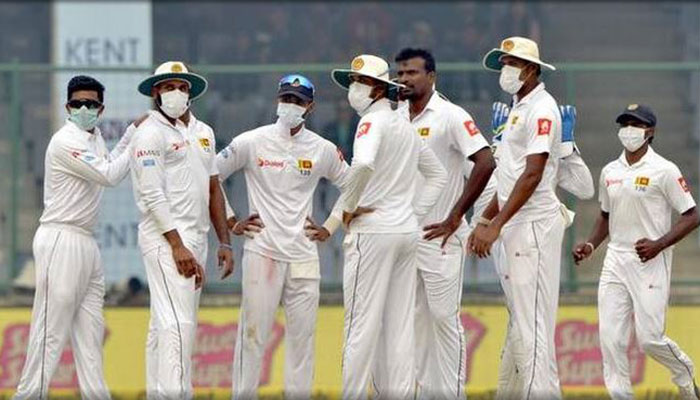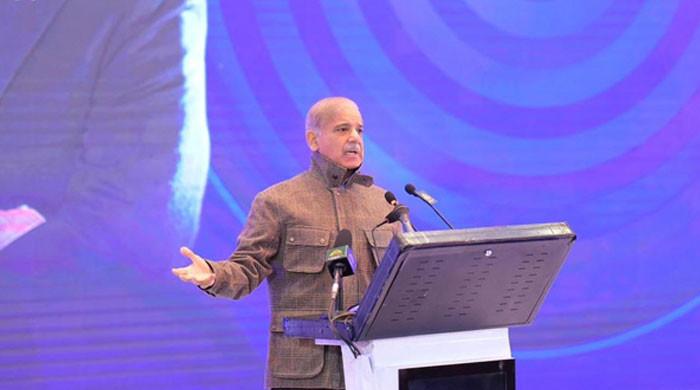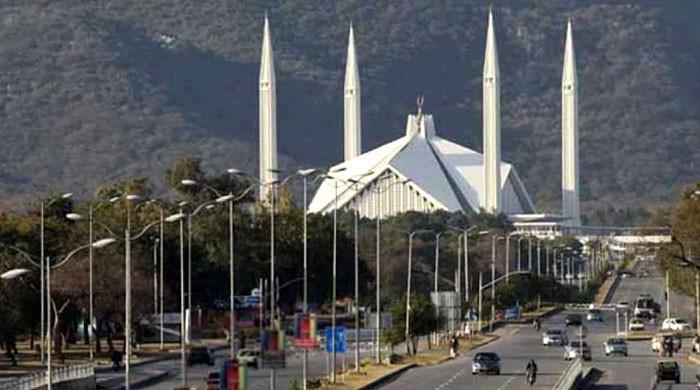Delhi smog ‘wakeup call’ for Pakistan to fight pollution, says Imran Khan
PTI chief draws attention to dangerous levels of air pollution in New Delhi which interrupted Test between India and Sri Lanka
December 04, 2017

Pakistan Tehreek-e-Insaf (PTI) chairman Imran Khan on Monday drew attention to the dangerous levels of air pollution in New Delhi which interrupted the ongoing Test match between India and Sri Lanka on Sunday.
Quoting a news story about the smog, which forced Sri Lankan cricketers to wear facemasks on the field, Khan said it should serve as a “wakeup call” for Pakistan.
“This should be a wakeup call for Pak. Our children are at a huge risk because of dangerous pollution levels. We must mobilise the entire nation and take steps to fight climate change & pollution,” the PTI chief tweeted.
Earlier today, India and Sri Lanka resumed their Test in "unhealthy" air pollution -- 18 times higher than the level considered safe -- in New Delhi, a day after the smog caused some Sri Lankan players to vomit as play was halted for around 20 minutes.
During a previous pollution peak last month, India skipper Virat Kohli had expressed concern at the worsening health threat.
"It´s a situation which is only getting worse by the day," Kohli had written in a Facebook post on November 9.
"If we don´t act there are going to be massive problems in future. The kids are going to suffer with diseases," he added.
"So look after your family members, look after the children, whose future really depends on how we look after the current situation."
Last month, smog choked Lahore and other cities across Punjab, disrupting daily lives of the province’s residents and severely restricting their mobility as visibility plunged to as low as zero on some routes. Smog in Lahore crossed all the international benchmarks during November as the level of PM 2.5, which is termed the most dangerous pollutant in the air across the world, remained between 450ug/m3 and 500ug/m3 against the notified standards of 35ug/m3 per day.











